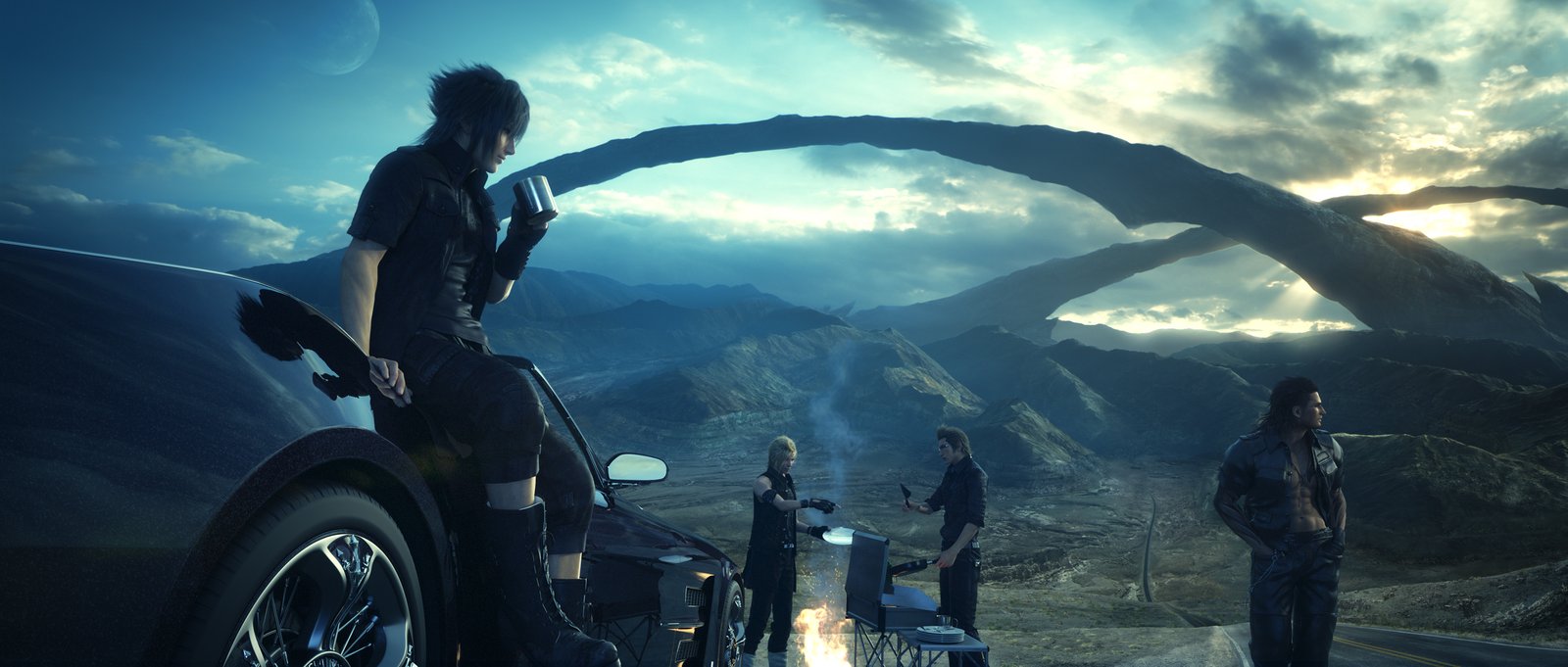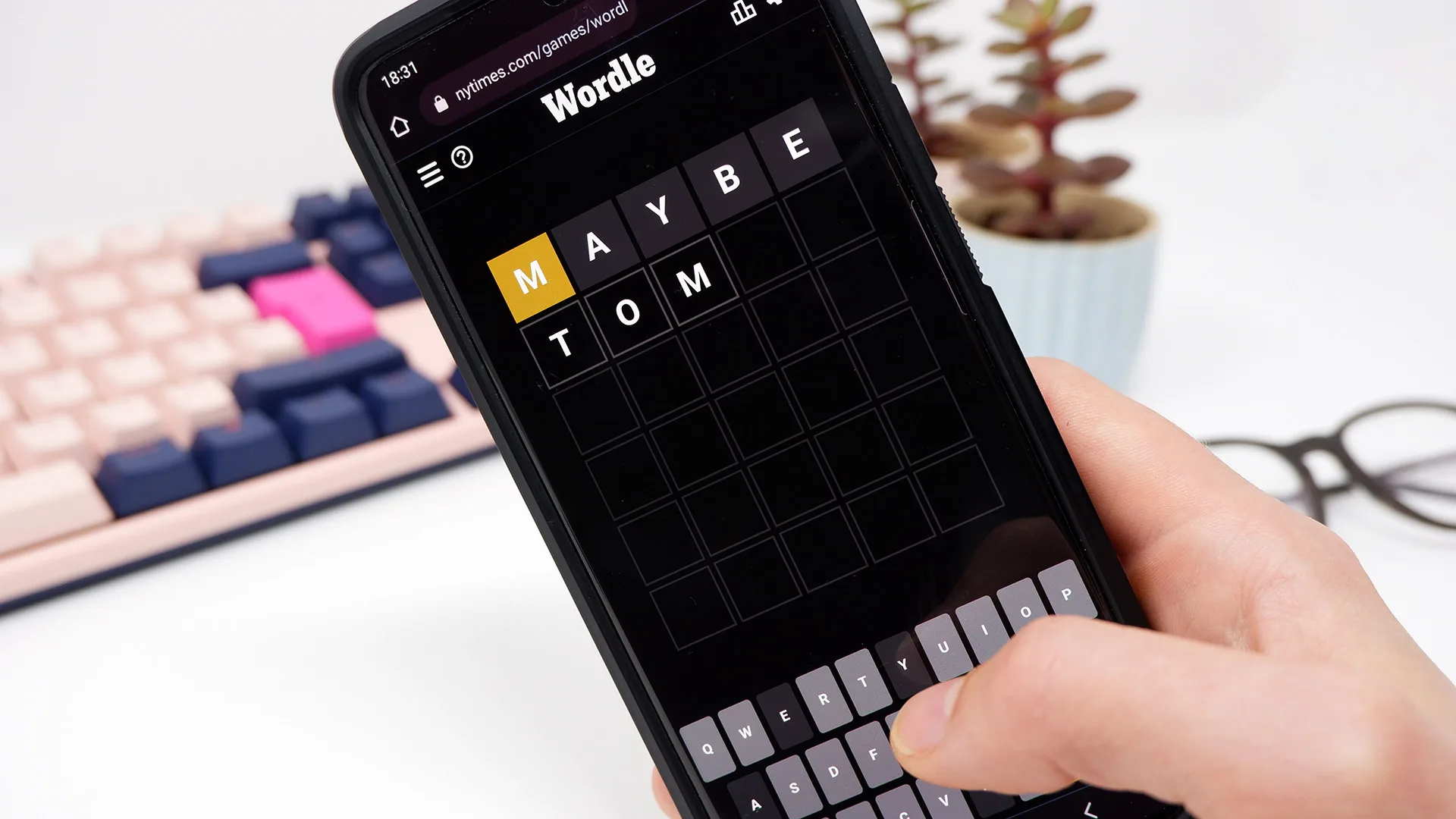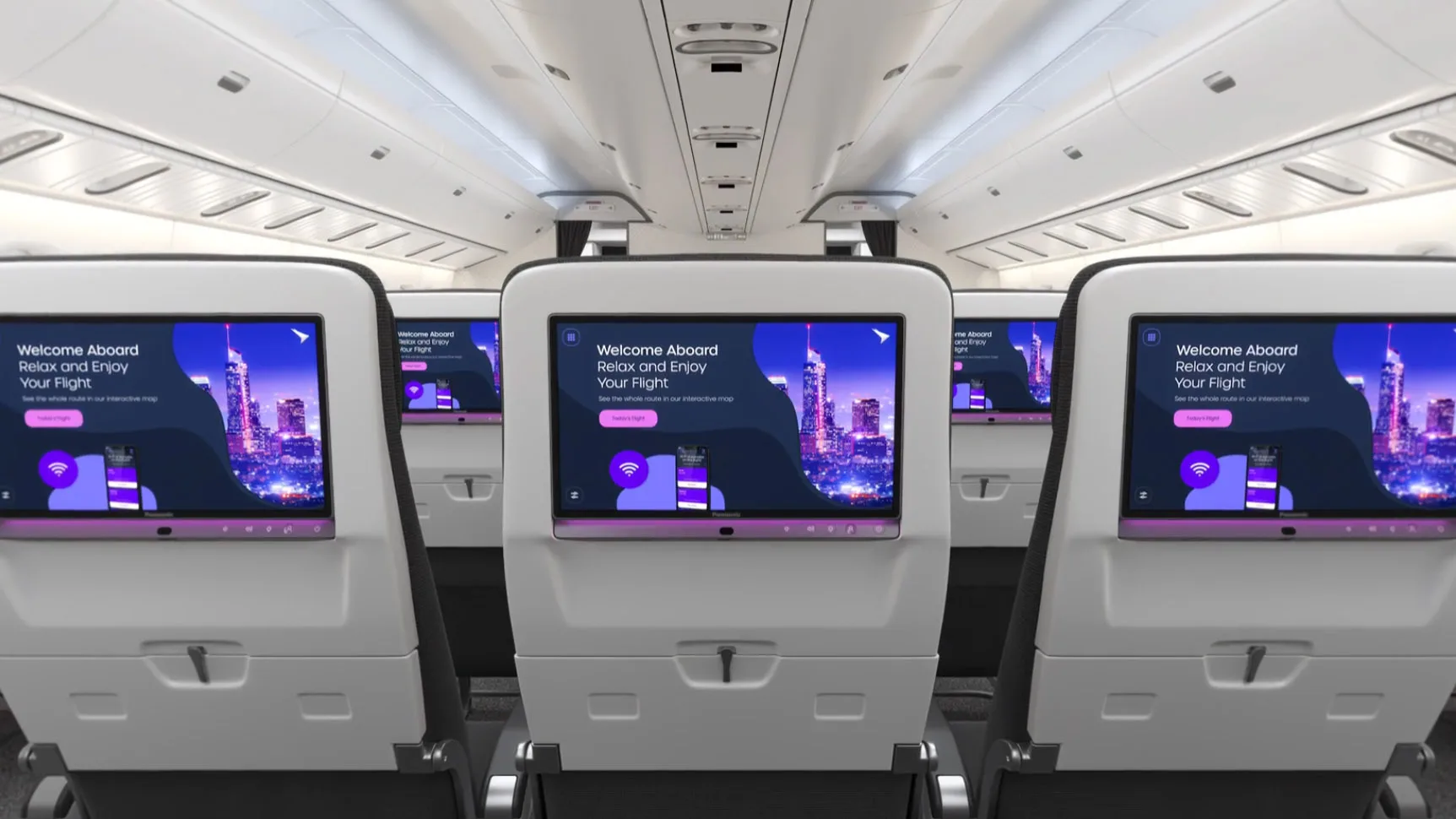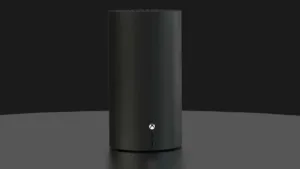FINAL FANTASY XV: The Road Trip That Saved Me
Depression. It’s a word that carries immense weight, often costing people everything they hold dear. It’s a mood disorder that finds you when you least expect it, as it did for me in the Spring of 2018.
What is the clinical definition of depression? According to the Mayo Clinic, it is a mood disorder causing a persistent feeling of sadness and loss of interest. This sanitized definition doesn’t capture the depth of the experience. For me, it felt like much more than a mood disorder.
Let me set the stage. This is my story, shared with four of my brothers as we faced the toughest ordeals of our lives. By this spring, I had been working at a company I once loved for four years and had recently been promoted, which seemed to validate my efforts despite the uncertainty caused by a merger the year before. My career was progressing, but my personal life was in turmoil. My marriage was rocky, and I was struggling to be the father I wanted to be to my two children. These factors contributed to my depression, but they also motivated me to keep going.
The major trigger for my depression was the loss of a dear friend. She was like a sister to me, though we had never met in person. In the fall of 2017, she took her life in her London apartment after years of battling depression. Her death hit me hard. Together with a mutual friend, we raised almost $6000 through a GoFundMe campaign to bring her body back to Germany for burial. It was all I could do to say goodbye.
After her death, I spiraled into a deep sadness. I spent nights searching for hope and happiness but felt increasingly disconnected from the persona I showed the world. The sadness affected my health, leading to two heart attacks in the month following her passing. I told only two people about this, feeling ashamed and unable to process my emotions. I felt like a failure for not recognizing her pain.
My work and family life continued to suffer. My wife and I were living in a cramped apartment that was no longer suitable for our family. This drove me to push myself at work, aiming to afford a better home. Despite my efforts and a promotion, the sadness only grew deeper.
One day, while stuck in traffic and listening to my “hype-me-up” mix, I was overwhelmed by a crushing emotional pain. This was worse than the heart attacks because it was purely emotional. I felt an irrational urge to leave my job, believing it was the source of my misery, though I hadn’t processed the events that had led me to this point.
I resigned from my job, and my wife took on more work to cover our bills. I saved enough money to take some time to get to know myself. At first, being at home felt strange. I followed my wife’s routine from when she was a stay-at-home mom, but I struggled with the “time to yourself” part. Silence was daunting, so I turned to my backlog of video games.
One game became my unexpected therapist: Final Fantasy XV. I decided to start fresh and immerse myself in the game’s world and characters. The story of Noctis, Prompto, Ignis, and Gladio resonated with me deeply. They were not just adventurers but brothers who grew up together, trained together, and supported each other.
In my first playthrough, I didn’t appreciate the story. This time, I lived it. The game’s opening, with the four friends pushing their broken-down car to the sound of Florence Welch’s haunting cover of “Stand by Me,” felt profoundly familiar. It marked the beginning of my healing journey.
This will not be a detailed account of the game but rather how it made me feel at key moments. There will be light spoilers ahead.
Noctis, the main character, bore the weight of a pressured lifestyle, mirroring my struggles. His journey in Eos became a reflection of my journey through depression and recovery.
As I watched these four friends navigate their world, I began to understand something I had lost sight of: the power of chosen family. Noctis wasn’t just carrying the burden of being a prince – he was learning to lean on others, something I had forgotten how to do. Prompto’s relentless optimism in the face of his own insecurities reminded me that it was okay to not have all the answers. Ignis’s quiet wisdom and care for his friends showed me what true support looked like. Gladio’s tough love and unwavering loyalty demonstrated that sometimes the people who challenge you the most are the ones who care about you the most.
In those long afternoons, as I guided these characters through their trials, I wasn’t just playing a game – I was learning how to be human again. The simple moments mattered most: camping under the stars, sharing meals, taking photographs of beautiful scenery, even the mundane conversations during long drives. These weren’t just game mechanics; they were lessons in presence, in being alive to the small joys that make life worth living.
The game didn’t shy away from loss, and neither could I. When tragedy struck the brotherhood, when they faced their darkest moments, I felt every emotion alongside them. The game became a safe space to grieve – not just for my friend, but for the person I had been before depression took hold.
There’s a moment in the game where the friends are separated, where Noctis must face a terrible truth alone. I remember sitting in my living room, controller in my hands, feeling that familiar crushing weight in my chest. But this time, something was different. This time, I wasn’t alone with it. I had these fictional brothers who understood what it meant to carry impossible burdens, who showed me that even in the darkest moments, love persists.
Perhaps the most profound lesson came from watching how these characters cared for each other. They didn’t try to fix each other’s problems or minimize each other’s pain. They simply showed up. They were present. They reminded each other – and me – that strength isn’t about carrying everything alone.
I began to see my own support system with new eyes. My wife, who had taken on extra work without complaint. The few friends who had checked in on me, even when I didn’t respond. Even my children, who brought their own kind of healing just by being themselves. I had been so focused on being strong for everyone else that I had forgotten it was okay to let others be strong for me.
The game’s ending, with its themes of sacrifice and love, of growing up and moving forward, hit me like a revelation. Noctis’s final journey wasn’t about becoming a perfect hero – it was about becoming the person his friends and loved ones needed him to be, even if it cost him everything.
I realized that my own journey wasn’t about returning to who I was before. That person was gone, and that was okay. Depression had changed me, loss had marked me, but love – the love of family, friends, and even fictional brothers on a screen – had also transformed me into someone stronger, more compassionate, more human.
By the time I completed the game for the second time, something had shifted. The silence in my house no longer felt threatening. I could sit with my thoughts without drowning in them. I started reaching out to friends I had lost touch with. I had honest conversations with my wife about my struggles and fears. I began the slow work of rebuilding not just my life, but myself.
Final Fantasy XV didn’t cure my depression – that would be an oversimplification of both the condition and the healing process. What it did was remind me of fundamental truths I had forgotten: that we are not meant to journey alone, that brotherhood comes in many forms, that even in our darkest moments, we are worthy of love and support.
The four friends pushing their broken car to “Stand by Me” became a metaphor for my own recovery. Sometimes we break down. Sometimes we need help. Sometimes the road is longer and harder than we expected. But if we’re lucky – if we’re open to it – we find people willing to stand by us, to push alongside us, to remind us that no one has to travel this road alone.
I eventually returned to work, to a job that better aligned with my values and allowed me to help others. My marriage grew stronger through honest communication and mutual support. I became a better father by learning to model vulnerability and emotional honesty for my children.
I still struggle sometimes. Depression isn’t something you defeat once and never face again. But now I have tools, I have perspective, and I have the memory of four fictional brothers who taught me that strength isn’t about never falling down – it’s about having people who will help you stand back up.
To anyone reading this who might be in their own dark place: your story isn’t over. Help can come from the most unexpected sources. Sometimes healing happens in quiet moments, in virtual worlds, in stories that remind us of our own capacity for growth and love.
And to my friend who lost her battle with depression: I think about you often. Your death wasn’t meaningless – it led me to seek help, to be more honest about my struggles, to become someone who could support others facing similar battles. I hope you’ve found the peace that eluded you here.
The road trip isn’t over. It never really is. But now I know I don’t have to travel it alone.
If you or someone you know is struggling with depression or suicidal thoughts, please reach out for help. Contact the National Suicide Prevention Lifeline at 988 or visit your local mental health resources. You matter, your story matters, and there are people who want to help.
Do you have a news tip or wish to contact us directly? You may reach us at hello@robotsoverdinosaurs.net.










